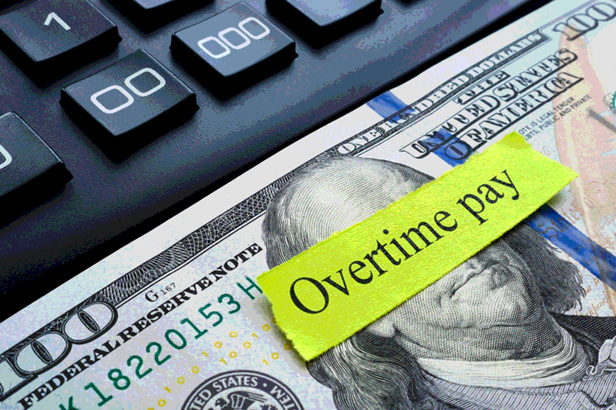News November 19, 2024
Judge Kiboshes Labor Department’s New Overtime Requirement for Salaried Workers
The move means approximately 4 million salaried American employees that would have been eligible for OT pay under the rules now will not be.
Key Takeaways
• Overturned: A Texas judge struck down a 2024 Labor Department rule that would have made an estimated 4 million more salaried U.S. workers eligible for overtime pay.
• New Threshold: The rule aimed to raise the overtime-eligible salary threshold from $35,500 to $58,600.
• Criticism: Critics argued the rule would increase labor costs and lead to layoffs.
The Biden administration has suffered another defeat in court on rules it sought to enact regarding American workers.
In August, a federal judge issued an order that blocked the Federal Trade Commission’s ban on noncompete agreements throughout the United States from taking effect.

And now, in a separate case, a Texas-based federal judge has struck down a rule from the U.S. Department of Labor that would have made 4 million more salary workers in the United States eligible for overtime.
The August ruling on noncompetes had wider implications for the promotional products industry because it applied to all workers, but the decision on salaried employees is a notable development for merch companies, too.
Adopted earlier this year, the Labor Department rule would have required employers across sectors, including promo, to pay overtime to salaried workers earning less than $58,600 per year starting on Jan. 1, 2025.
As of July 1 of this year, labor officials had already temporarily raised the overtime-eligible salary threshold from $35,500, set in 2019, to $44,000 annually. In light of Texas-based U.S. District Judge Sean Jordan nixing the Labor Department’s 2024 rule on OT, the threshold for salary workers returns to $35,500.
A federal judge has blocked the #FTC's ban on controversial #noncompete agreements from taking effect, but that's likely not the end of the matter as more legal fighting is in the cards. https://t.co/Xyg4cyOgyZ
— Chris Ruvo (@ChrisR_ASI) August 21, 2024
In essence, Jordan sided with the state of Texas and business groups that brought the case, saying the Labor Department exceeded its authority by substantially upping the salary threshold. That move, in effect, improperly sidelines a federal law that exempts workers with “executive, administrative and professional” (EAP) duties from receiving overtime pay, the judge said.
“The Department may impose some limitations on the scope of the EAP exemption’s operative terms, but it cannot enact rules that replace or swallow the meaning those terms have,” Jordan wrote.
The Labor Department wanted the higher salary threshold for OT eligibility because it felt that lower-paid salary earners often work beyond 40 hours a week but don’t get compensated fairly for that additional time.
Most hourly workers are legally owed overtime if their work time exceeds 40 hours in a week, but the same broad requirement isn’t in place for salary workers.
Critics of the Labor Department rule, including industry groups, said it would have hurt businesses and triggered higher labor costs that would have resulted in layoffs or limiting of workers’ hours.
In a statement, the National Retail Federation said the Labor Department’s rules “would have curtailed retailers’ ability to offer the most flexible, generous and tailored benefits packages to lower-level exempt employees across the industry.”
The Labor Department can appeal, but it would fall to President-Elect Donald Trump’s administration to pursue the case.
